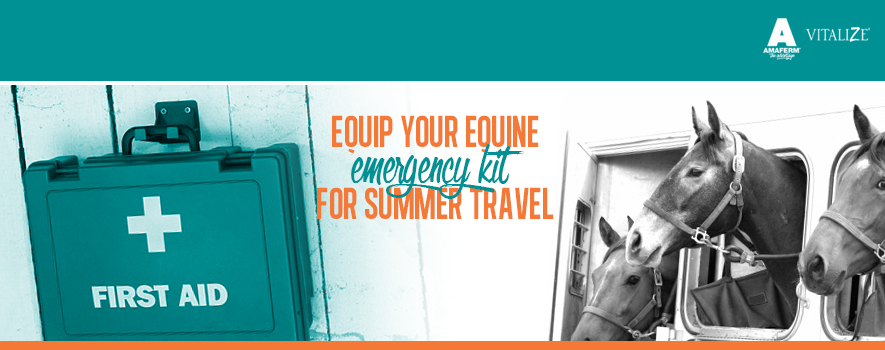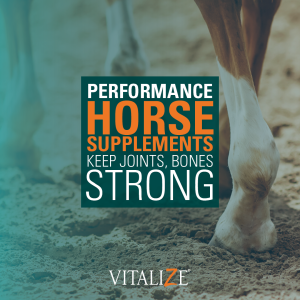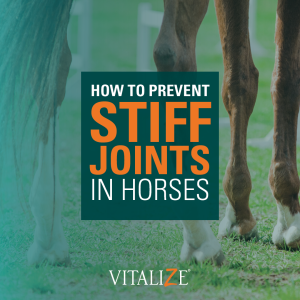
Just like it is a wise idea to keep a first aid kit in your barn and vehicle, it is a good plan to keep a medical kit for horses with you while you are traveling. With summer and the busy season for shows, rodeos, and competitions upon us, now is a great time to make sure have everything you need in your equine emergency medical kit. While each medical kit will be slightly different depending on the travel circumstances, here are 10 items we recommend keeping readily available.
- Phenylbutazone is primarily used to relieve musculoskeletal pain and inflammation in the horse. Contact your veterinarian before using this product, and always read and follow label directions.
- Banamine is best known for its use in horses with abdominal pain like colic. No doubt, this drug is a potent pain reliever and it has extra anti-inflammatory benefits that make it especially good for treating intestinal problems. It is thought to break the pain-dysfunction cycle that occurs commonly in colic cases, thereby allowing the gut to regain function. Again, contact your veterinarian before using this product, and always read and follow label directions.
- If your horse looks like it is feeling poorly, a thermometer can help you discover if there is a major issue present. Normal temperature for a horse is 99.8 to 101.3 degrees Fahrenheit. Anything over 102 degrees is cause for concern.
- Vet wrap. This cohesive, non-slip bandage adheres to itself. It is ideal for first aid, running bandages, tail wrap or to wrap packed hooves.
- This light weight but durable material is a great tool for everything from stopping bleeding to cleaning a horse’s wounds.
- This is a safe and effective topical solution for the care of wounds and irritations on your horse.
- This is a synthetic nitrofuran with a broad antibacterial spectrum. It effectively destroys most bacteria commonly causing surface infections. For best results, it should be applied for at least 24 hours.
- Hoof Pick. Before every ride, it is important to clean your horse’s feet. Many things can become trapped in the horse’s feet between ridings, which will impact its performance.
- Epsom salt. A mixture of Epsom salt and hot water is very useful in drawing out abscesses in your horse’s feet.
- Vitalize® Equine Recovery Gel. Keep several tubes of recovery gel in your vet box at all times. This is a 3-in-1 gel to get horses back on their feet after trauma, illness, performance or stress. It can help eliminate the stress of the haul or the stress of competition, and will help them perform to their maximum potential.
Keeping these 10 items in your emergency medical kit is a good way to prepare for the challenges of hauling your horses this summer. Remember, every list is different, but with these go-to products, you should be prepared for most challenges that arise.

